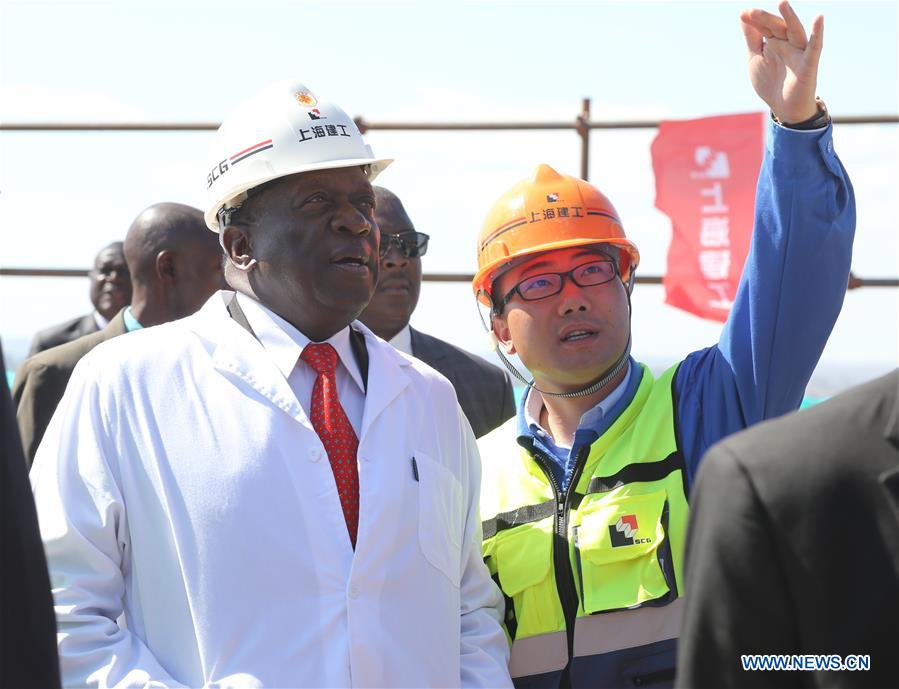I’ve been thinking for a long time about a piece of advice I received back in my associate days. I was a freshly minted JD. Since I was a kid, I was always motivated to get that “A” in school, and doing so eventually helped me land my first law firm job. When I started practicing, I was confident those grades would translate into the success I could expect as a lawyer.
Then I heard an older partner musing aloud: “Ya know, if I was in charge of hiring, I’d only hire B students.”
This partner’s off-hand comment stopped me in my tracks. I’d spent my whole life struggling toward the front of the pack, and now this apparently successful senior attorney was telling me he would rather the firm hired the folks I’d worked so hard to beat out? I was perplexed. The partner continued.
“Your students who get Cs, you don’t want to hire them. They’re not gonna hack it. But we go out and hire all these law school kids with straight As, and all they know how to do is research, write, and watch Star Wars. They’re going to work a million hours, give you all this great written product, but they’re not going to be out there hitting the bars every night drumming up business. It’s your B students who are in the sweet spot. Smart enough to do the work, but social enough to bring the work in.”
The Right Kind Of Wrong
I’ve been mulling this partner’s concept since he uttered it over a decade ago, and I’m still not quite sure where on the spectrum between total nonsense to profound this theory lies. Early in my career, I convinced myself it was nonsense. The more I’ve practiced, however, the more I’ve come to believe that the partner may have been on to something.
One flaw in the theory presented is the stereotype that “A students” are all bookish nerds who suffer from social anxiety disorder and dress up like Chewbacca for fun. This is flat wrong (well, some may dress up like Chewbacca). I’m surrounded every day by brilliant, academically gifted attorneys who can absolutely crush it socially. Similarly, getting middling-to-poor grades isn’t a necessary indicator that you’re a fun time to be around. I don’t think it’s a hot take to say that some people are both anti-social and just lazy.
But I do think this attorney was circling a more basic tension that law firms place on their associates and many young partners: the tension between being a great attorney and a great business developer.
The Good Old Days
Join me on a brief mental journey. You’re a junior associate again. You had to be sharp to get where you were, but you’ve spent the first months and years of your practice starting to realize all the myriad things you don’t know how to do. You can almost taste your own ignorance. You’re trying to find a way to prove that, yes, you do deserve this great job you landed.
You’re told, either implicitly or explicitly, that your best bet is to throw yourself into your work. If you put in the time to generate great work product, you find more partners will want to work with you. If you bill gobs of hours, the firm stays happy and you’ll probably get a nice bonus. The incentives are all there, pushing you to keep your nose to the grindstone and spend your time working. Bill enough hours, invest enough into in improving your skills, and before you know it you’ll be a good enough attorney to carry the firm’s reputation on your back.
You follow this path, and suddenly it’s 10 years later. Your skills are unimpeachable. You’ve pulled in millions of dollars in revenue. And you have zero book of business to call your own.
I’ve spoken to many attorneys over the years who suddenly ended up in this position, and it can be heartbreaking. Just when someone thinks they’ve mastered the game, the rules change on them. Suddenly good work product is assumed, and the questions all turn to what kind of clients are being brought in. And for someone who’s spent their evenings at a desk rather than out in the world planting the seeds of future engagements, those are hard questions to answer.
Billables Now vs. Billables Later
Time is the fundamental currency of a law firm, and like all currencies, it can be invested, and it can be spent. The short-term economics of a legal practice strongly incentivize spending our time in a way that maximizes the revenue earned. If you want a big check, you need to send out some big bills.
But if a firm’s immediate prospects are determined by how much revenue it can generate from its existing client pool, its long-term prospects are determined by how much it can expand the pool altogether. If you want to be rich today, bill. If you want to be rich tomorrow, you need to hustle, network, and generally get your face in front of all those clients who just don’t know they’ve hired you yet.
It takes practice and repetition to learn how to connect with strangers, make the ask for new business, and treat the process with discipline and purpose. My personal goal has always been to spend at least 20 percent of my working hours actively trying to bring in new clients. That’s one workday a week that I’m committing to bringing in zero actual dollars, in the hope of bringing in far more down the road.
What Exactly Are Associates, Anyway?
Every firm in Biglaw at least pays lip service to the notion that it wants to encourage its associates to develop their professional networks, build their books, and be the leaders of tomorrow. But I’ve known very few who are willing to recognize that encouraging associates to invest in themselves for long term gain means trading off some of the performance that they could be giving us by just chaining themselves to their desk and making the firm money now.
Associates can be tremendous profit centers for a firm. They work hard, bill at high rates, and have little-to-no participation in firm profitability. Associates can also be the leaders of a firm’s future, rainmakers in waiting. Sometimes, very rarely, they can be stellar at both. But more often, they’re going to be great at one thing, or just alright at two.
Law firms need to decide what they want their associates to be and communicate that expectation to everyone in the firm. It’s acceptable to expect your associates to bill 2,400 hours a year if you’re clear with them that billing is an associate’s only job, and business development is something they can pursue on their own time if they choose. It’s equally acceptable to expect a firm’s associates to be actively developing themselves and bringing in new business early, but doing that means understanding that the amount of hours those associates bill will (and should) go down in the process. Either way, the key is being transparent with associates so they can make informed decisions and not be surprised down the road.
Some firms — I hope many — will heed the call to do more than just encourage young associates to build their network. Formal mentoring programs, encouraging partners to bring associates along to networking events, and business development training are all good starts down this path. For firms that prefer short-term financial benefits, I hope they take steps to ensure everyone in the firm, from the senior partners down, shares the same expectations.
More important than anything is that firms realize the trade-offs between being a great biller and being a great business developer, and make a conscious choice of what they want to encourage.
Happy hour isn’t free, but go out to enough of them and they just might pay for themselves.

James Goodnow
James Goodnow is an attorney, commentator, and Above the Law columnist. He is a graduate of Harvard Law School and is the managing partner of NLJ 250 firm Fennemore Craig. He is the co-author of Motivating Millennials, which hit number one on Amazon in the business management new release category. As a practitioner, he and his colleagues created a tech-based plaintiffs’ practice and business model. You can connect with James on Twitter (@JamesGoodnow) or by emailing him at James@JamesGoodnow.com.
 Staci Zaretsky is a senior editor at Above the Law, where she’s worked since 2011. She’d love to hear from you, so please feel free to email her with any tips, questions, comments, or critiques. You can follow her on Twitter or connect with her on LinkedIn.
Staci Zaretsky is a senior editor at Above the Law, where she’s worked since 2011. She’d love to hear from you, so please feel free to email her with any tips, questions, comments, or critiques. You can follow her on Twitter or connect with her on LinkedIn.



























